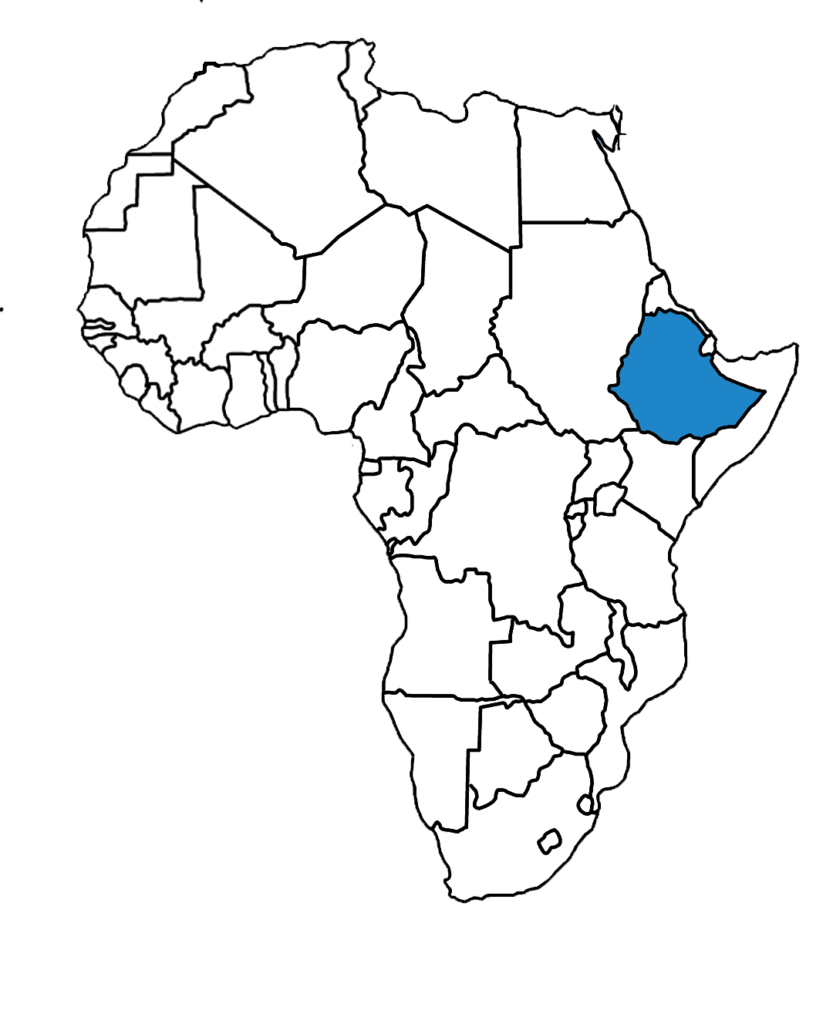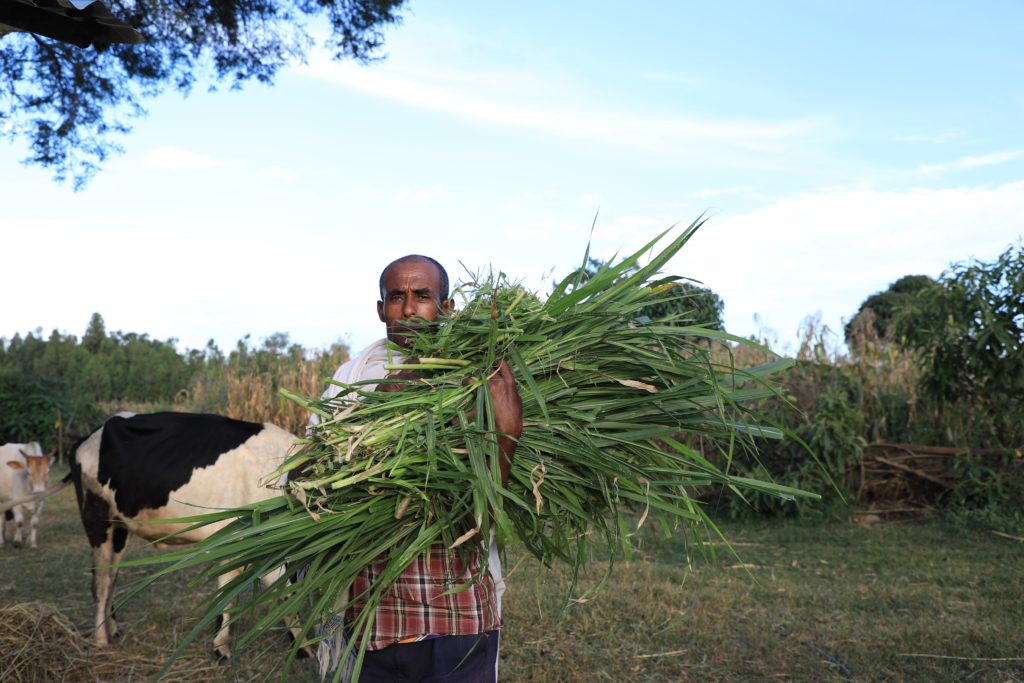In Ethiopia, upwards of 6 million smallholders could directly benefit from expanding small scale irrigation. ILSSI investigates how it can be done in ways that are inclusive, financially viable, and environmentally sustainable.
Opportunities
The potential for expanding small scale irrigation in Ethiopia is high. Around 1 million hectares are economically and biophysically suitable for small scale irrigation, particularly in areas near Lake Tana, the Great Rift Valley as well as the Amhara, Oromia, and SNNPR regions. When it comes to solar irrigation, between 155,103 and 204,103 hectares of land could be suitable, depending on technical pump capacity.
More than 5.8 million smallholder farmers could directly benefit from expanding small scale irrigation. Advantages include greater economic access to food, better nutrition for women and children, and increased incomes thanks to the potential of irrigated livestock fodder and high-value crops. The net profit potentially available directly to farmers is $2.6 billion each year.

Challenges
Expansion of small scale irrigation has to be inclusive and environmentally sustainable to mitigate potential risks. Notably, the growing threat of water scarcity, including groundwater depletion, demands careful irrigation planning and suitability mapping. Better evidence on how to sustainably irrigate and farm the land can also decrease the risks of adverse effects such as nutrient leaching, soil degradation, and water contamination.
Ensuring that as many smallholders as possible can benefit from irrigation requires reducing the labor requirements, increasing their access to affordable credit, and improving women’s access to both technologies and benefits.
Contributing to solutions
Technology supply
To pave the way for greater use of solar-powered and other forms of mechanized irrigation, ILSSI will work with private sector actors to identify challenges and opportunities in the supply chain, and to develop attractive business models.
Irrigated livestock fodder
Cultivating irrigated livestock fodder can boost smallholders’ incomes and nutritional status, while boosting the health of their livestock. Ethiopia has potential for growing this practice. ILSSI will partner with small- and medium enterprises in the irrigated fodder value chain to pinpoint opportunities for investments and new business models.
Environmental and social resilience
If poorly planned, small scale irrigation could threaten smallholders’ resilience. In response to the growing climate change risks, ILSSI will study the links between agricultural intensification, climate variability, and resilience. ILSSI will also work with targeted communities to improve participatory groundwater governance to better manage social and environmental risks.
Inclusive irrigation
To empower women and increase their access to irrigation, ILSSI will adapt its small scale irrigation gender guidance and toolkit and share it with private sector actors and other decision makers. ILSSI will also test and scale business models that can increase young entrepreneurs’ access to irrigation-related businesses.
Publications and additional resources
- Farmer-led Irrigation Multi-Stakeholder Dialogues: Value Chain Approaches to Small Scale Irrigation Development
- Assessment of smallholder farmers’ demand for and adoption constraints to small-scale irrigation technologies: Evidence from Ethiopia
- Mapping development potential of dry-season small-scale irrigation in Sub-Saharan African countries under joint biophysical and economic constraints – An agent-based modeling approach with an application to Ethiopia
- The diffusion of small-scale irrigation technologies in Ethiopia: Stakeholder analysis using Net-Map
- Evaluating the pathways from small-scale irrigation to dietary diversity: Evidence from Ethiopia and Tanzania
- Business Model Scenarios and Suitability: Smallholder Solar Pump-based Irrigation in Ethiopia
- Household Food Security and Nutrition Analysis Using a Farm Simulation Model (FARMSIM): Case Study of Robit in Amhara Region, Ethiopia.
- Water resource assessment, gaps, and constraints of vegetable production in Robit and Dangishta watersheds
- Conservation Agriculture Saves Irrigation Water in the Dry Monsoon Phase in the Ethiopian Highlands
- Establishing irrigation potential of a hillside aquifer in the African highlands
Project partners
ILSSI is led by Texas A&M University, with the International Water Management Institute (IWMI) and the International Livestock Research Institute (ILRI), and the International Food Policy Research Institute (IFPRI).



